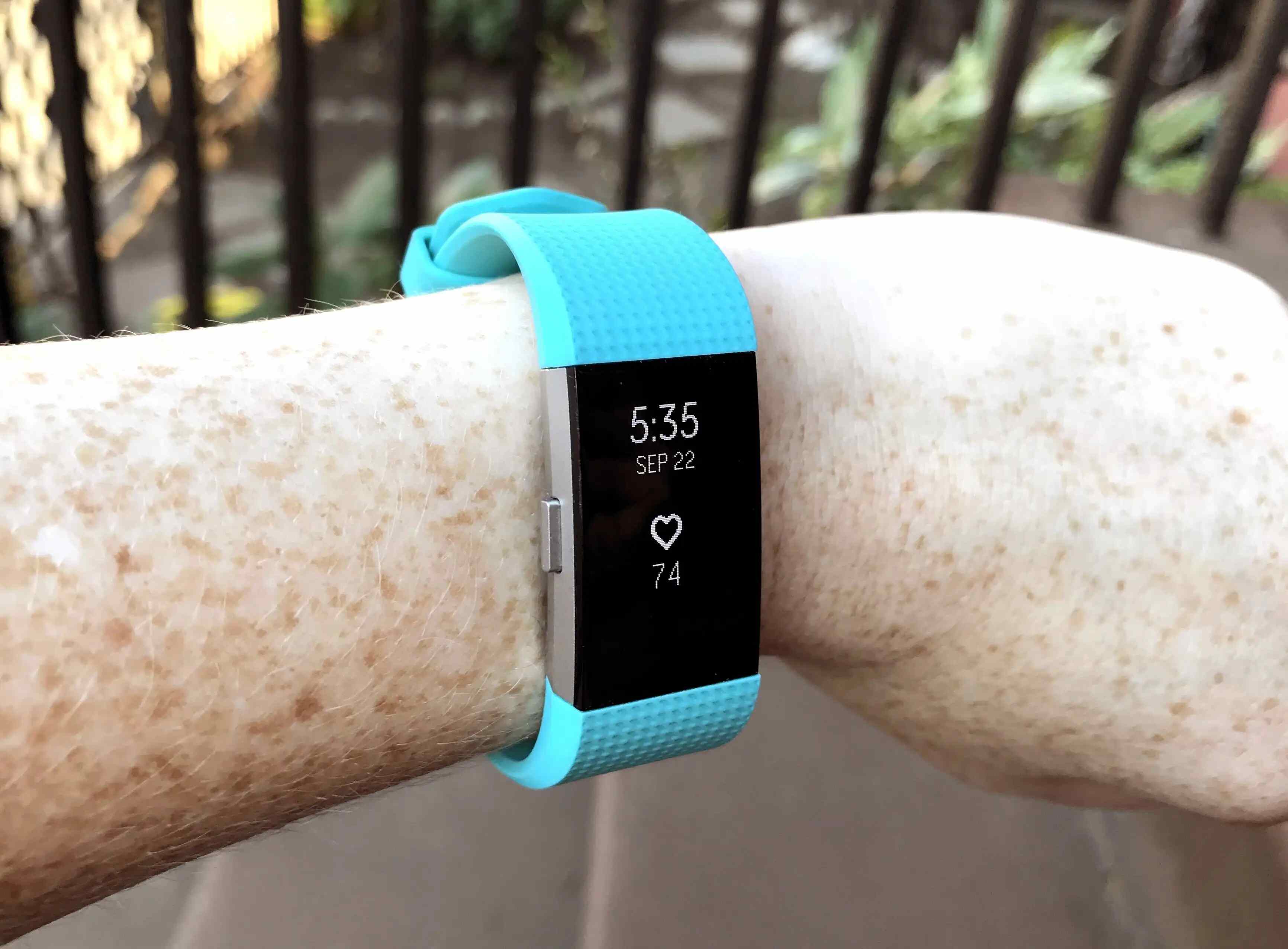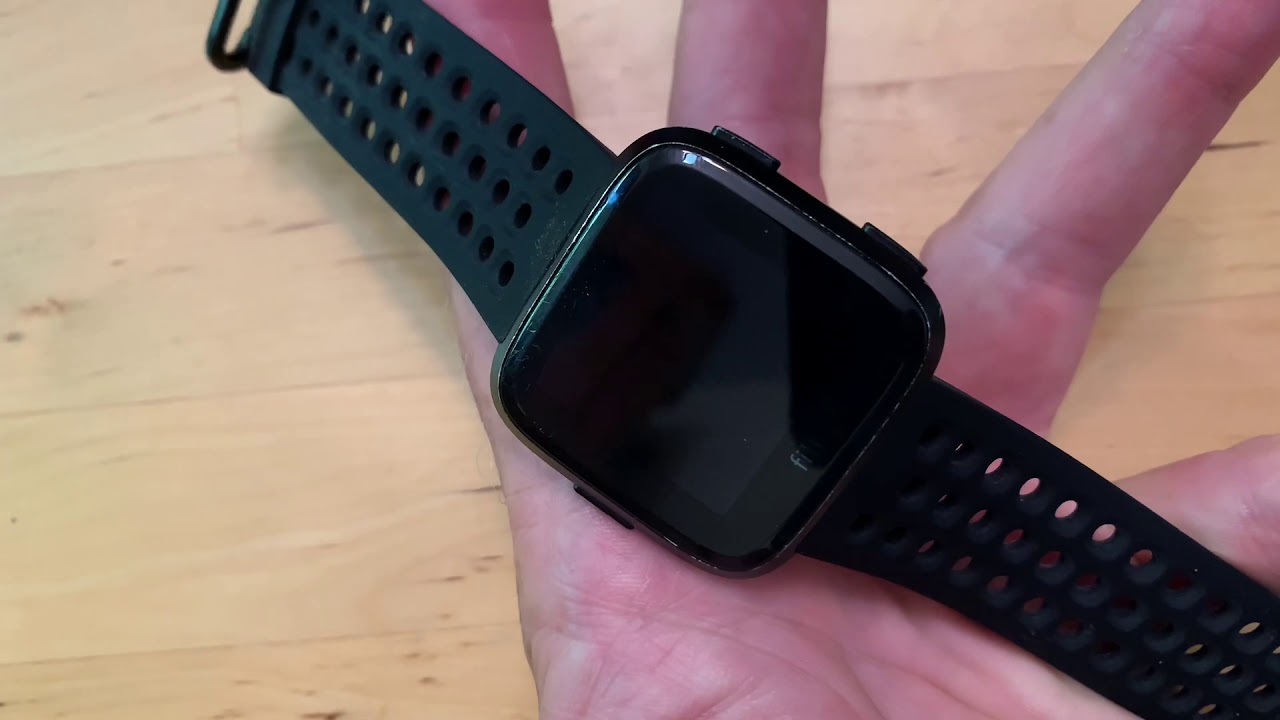The Birth of Fitbit
In 2007, a small team of passionate individuals embarked on a mission to revolutionize the way people approached health and fitness. This journey began with the inception of Fitbit, a company driven by the desire to empower individuals to lead healthier, more active lifestyles. The founding of Fitbit marked the dawn of a new era in wearable technology, setting the stage for a wave of innovation that would transform the health and fitness industry.
At the heart of Fitbit's birth was a commitment to leveraging cutting-edge technology to address the growing need for personalized health and wellness solutions. The founders recognized the limitations of traditional approaches to fitness tracking and sought to develop a more intuitive and accessible alternative. Their vision was to create a device that seamlessly integrated into users' daily lives, providing real-time insights into their activity levels, sleep patterns, and overall health.
Driven by a spirit of innovation and a deep understanding of human behavior, the team set out to design a wearable device that would not only track physical activity but also inspire users to make positive lifestyle changes. This marked the genesis of the first Fitbit tracker, a sleek and unobtrusive device that would soon become synonymous with the brand's commitment to empowering individuals on their journey to better health.
The birth of Fitbit was not merely a product launch; it represented a paradigm shift in the way people engaged with their personal wellness. By combining advanced sensors, intuitive software, and a user-friendly interface, the founders of Fitbit laid the groundwork for a holistic approach to health and fitness tracking. Their creation was not just a gadget; it was a catalyst for change, empowering users to take control of their well-being and make informed decisions that would impact their lives in profound ways.
As Fitbit emerged onto the scene, it quickly garnered attention for its innovative approach to health and fitness. The company's commitment to continuous improvement and its unwavering dedication to user-centric design set it apart in a rapidly evolving market. The birth of Fitbit was a testament to the power of visionary thinking and the transformative potential of technology when harnessed for the betterment of humanity.
The journey from concept to reality was marked by countless hours of research, development, and collaboration. The birth of Fitbit was not just the culmination of technical expertise; it was a testament to the unwavering passion and determination of its founders. Their collective vision and relentless pursuit of excellence laid the foundation for a brand that would redefine the way the world approached health and fitness.
In the years that followed, Fitbit's impact would extend far beyond the realm of wearable technology, shaping the very fabric of how individuals engaged with their health. The birth of Fitbit was a catalyst for change, igniting a movement that would inspire millions to embrace a more active, balanced, and fulfilling lifestyle.
The legacy of Fitbit's birth continues to resonate today, serving as a testament to the transformative power of innovation and the unwavering commitment to empowering individuals to live their best lives. As the company's journey unfolded, it would pave the way for a new era of health and wellness, forever altering the landscape of the industry and leaving an indelible mark on the lives of countless individuals around the world.
The Founders' Vision
The founders of Fitbit embarked on their journey with a clear and compelling vision that would ultimately redefine the landscape of health and fitness technology. At the core of their vision was a deep-seated belief in the power of personalized wellness and the profound impact it could have on individuals' lives. Their collective vision was not merely about creating a wearable device; it was about empowering people to take ownership of their health and well-being in a way that was intuitive, accessible, and inspiring.
From the outset, the founders recognized the limitations of traditional approaches to fitness tracking. They understood that the one-size-fits-all model was ill-suited to address the diverse needs and preferences of individuals seeking to improve their health. This realization fueled their determination to develop a solution that would transcend the constraints of conventional fitness tracking and provide users with a truly personalized experience.
Central to the founders' vision was the idea of seamlessly integrating technology into users' lives, without imposing additional burdens or complexities. They sought to create a device that would effortlessly blend into users' daily routines, providing them with actionable insights and meaningful feedback that would catalyze positive behavioral changes. Their vision was not just about tracking steps or monitoring heart rate; it was about fostering a deeper understanding of one's own body and habits, empowering individuals to make informed decisions that would positively impact their overall well-being.
Furthermore, the founders envisioned a future where technology would serve as a catalyst for motivation and empowerment, rather than a source of intimidation or confusion. They sought to demystify the complexities of health and fitness, making it approachable and engaging for users of all backgrounds and fitness levels. Their vision encompassed a holistic approach to wellness, encompassing not only physical activity but also sleep, nutrition, and mental well-being, recognizing the interconnected nature of these elements in achieving optimal health.
As they set out to bring their vision to life, the founders were driven by a relentless commitment to user-centric design and innovation. They understood that the success of their endeavor hinged on creating a product that resonated with users on a deeply personal level. Their vision was not just about developing a piece of technology; it was about fostering a sense of empowerment and agency within each individual who embraced the Fitbit experience.
In essence, the founders' vision transcended the realm of mere technological innovation; it was a testament to their unwavering dedication to improving the lives of millions. Their vision laid the groundwork for a brand that would become synonymous with empowerment, inspiration, and the relentless pursuit of a healthier, more fulfilling life. It was a vision that would resonate with individuals around the world, sparking a movement that transcended the boundaries of traditional health and fitness paradigms.
The Evolution of Fitbit
The evolution of Fitbit represents a compelling narrative of innovation, adaptability, and unwavering commitment to empowering individuals on their journey to better health. From its humble beginnings as a pioneering fitness tracker to its current status as a global leader in wearable technology, Fitbit has continually evolved to meet the ever-changing needs of its users.
The early iterations of Fitbit devices laid the foundation for a new era of health and fitness tracking. These initial models, characterized by their sleek design and intuitive functionality, quickly gained traction among health-conscious individuals seeking a more personalized approach to wellness. As the company expanded its product line, it continued to integrate advanced sensors, enhanced data analytics, and user-friendly interfaces, setting new benchmarks for the industry.
The evolution of Fitbit also encompassed a diversification of its product offerings, catering to a broader spectrum of user preferences and health objectives. The introduction of smartwatches equipped with advanced health monitoring features marked a significant milestone in Fitbit's evolution, positioning the brand at the forefront of comprehensive health management solutions. This expansion not only broadened Fitbit's user base but also solidified its reputation as a holistic wellness partner.
Furthermore, Fitbit's evolution has been characterized by a relentless pursuit of technological advancement and innovation. The integration of machine learning algorithms, personalized insights, and proactive health guidance has elevated the capabilities of Fitbit devices, empowering users to gain deeper insights into their well-being and take proactive measures to improve their health. Additionally, the seamless integration of software updates and feature enhancements has ensured that existing Fitbit users continue to benefit from the latest advancements in health and fitness technology.
In parallel with its product evolution, Fitbit has embraced a collaborative approach, forging partnerships with healthcare providers, researchers, and wellness experts. These alliances have not only expanded the reach of Fitbit's impact but have also facilitated the development of more tailored and effective health solutions. By leveraging data-driven insights and expert input, Fitbit has continuously refined its offerings, ensuring that users receive the most relevant and impactful guidance on their wellness journeys.
The evolution of Fitbit is a testament to the brand's adaptability and foresight in anticipating and addressing the evolving needs of its users. With each iteration, Fitbit has demonstrated a commitment to enhancing the user experience, promoting health equity, and fostering a community centered around holistic well-being. As Fitbit continues to evolve, it remains dedicated to empowering individuals to lead healthier, more active lives, solidifying its position as a trailblazer in the realm of wearable health technology.
The Impact of Fitbit on Health and Fitness Industry
The impact of Fitbit on the health and fitness industry transcends mere technological innovation; it has fundamentally reshaped the way individuals approach their well-being. Fitbit's entry into the market heralded a new era of personalized health and fitness tracking, empowering users to take proactive control of their physical activity, sleep patterns, and overall health. By seamlessly integrating advanced sensors, intuitive software, and user-friendly interfaces, Fitbit devices have democratized access to comprehensive health data, fostering a deeper understanding of one's well-being.
Fitbit's influence on the health and fitness industry is underscored by its role in inspiring a global movement toward a more active and balanced lifestyle. The brand's emphasis on real-time activity tracking, personalized insights, and goal setting has motivated millions to adopt healthier habits, transcending geographical and demographic boundaries. Through its user-centric design and accessible approach, Fitbit has democratized health and fitness, making it inclusive and engaging for individuals of all backgrounds and fitness levels.
Furthermore, Fitbit's impact extends beyond individual users, permeating the broader landscape of healthcare and wellness. The aggregation of anonymized health data from millions of users has facilitated unprecedented insights into population health trends, enabling researchers and healthcare providers to gain valuable epidemiological insights. This data-driven approach has the potential to inform public health initiatives, preventive care strategies, and evidence-based interventions, thereby contributing to the advancement of global health outcomes.
Fitbit's foray into proactive health management, exemplified by its smartwatches equipped with advanced health monitoring features, has redefined the paradigm of preventive care. By empowering users to track vital health metrics, detect irregularities, and seek timely medical intervention, Fitbit has positioned itself as a proactive wellness partner. This proactive approach has the potential to mitigate health risks, facilitate early intervention, and promote a culture of preventive healthcare, thereby contributing to the reduction of healthcare burdens and improved health outcomes.
Moreover, Fitbit's strategic collaborations with healthcare providers, insurers, and corporate wellness programs have amplified its impact, fostering a symbiotic relationship between technology and healthcare. These partnerships have not only expanded the reach of Fitbit's influence but have also facilitated the integration of wearable technology into clinical practice, employee wellness initiatives, and insurance incentivization programs. This integration has the potential to enhance care coordination, promote health literacy, and drive positive behavior change, thereby fostering a more connected and proactive approach to health management.
In essence, the impact of Fitbit on the health and fitness industry is characterized by its transformative influence on individual wellness, its contribution to population health insights, and its role in redefining the landscape of preventive care. As Fitbit continues to innovate and expand its reach, its impact is poised to catalyze a paradigm shift in how individuals, communities, and healthcare systems approach health and wellness, solidifying its legacy as a trailblazer in the convergence of technology and well-being.

























